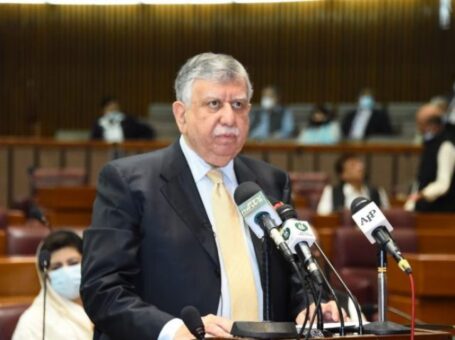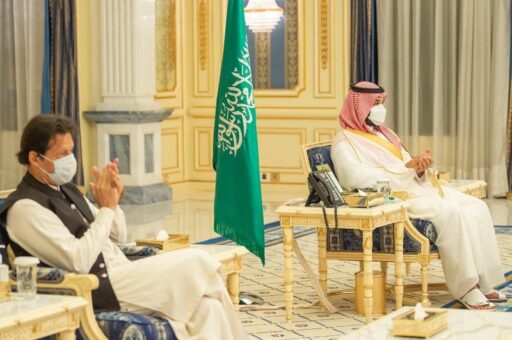ISLAMABAD: Shaukat Tarin, Adviser to the Prime Minister on Finance and Revenue, on Wednesday directed all the provinces to finalize the indicative price of sugarcane at the earliest.
He issued the directives while presiding over the National Price Monitoring Committee (NPMC).
Chief Secretary Punjab apprised the NPMC that the crushing of sugarcane will begin by 15th November in Punjab. The adviser on Finance and Revenue directed the Chief Secretary, Sindh to ensure the crushing of sugarcane to start as soon as possible to ensure a stable price of sugar across the country. The adviser further directed all Provincial governments to finalize the indicative price of sugarcane at the earliest.
Federal Minister for National Food Security & Research Syed Fakhar Imam, Minister of State on Information Farrukh Habib, Adviser to the Prime Minister on Commerce, Textile and Investment Abdul Razak Dawood, Federal Secretaries, MD Utility Stores, Provincial Chief Secretaries, Chief Statistician PBS, Chairperson CCP, Member FBR and other senior officers participated in the meeting.
The Secretary of Finance briefed the NPMC about the weekly SPI situation which has been increased by 1.38 per cent during the week under review.
While reviewing the price trend of essential commodities, the Secretary of Finance apprised that the rise in global food commodities and petroleum prices has affected the prices of essential food items worldwide.
Prices of 07 essential commodities registered decline whereas prices of 15 items remained stable during the last week, he added.
The Secretary of Finance further updated the NPMC that the prices of the wheat flour bags remained consistent at Rs. 1100 per 20 kg due to the proactive measures of the Punjab Government and ICT administration.
The Adviser Finance commended the efforts of the representatives of the Punjab Government and Islamabad administration and expressed deep concern over the significant price differential in the wheat flour prices in Sindh Province as compared to other Provinces.
He directed the Provincial Chief Secretary of Sindh to expedite the process of daily releases of wheat at the price determined by the Government to ease out the pressure on prices.
The Adviser reiterated the firm commitment of the Government to ensure a smooth supply of wheat flour across the country at the government-specified prices.
While reviewing the price trend of basic commodities, the Adviser to Prime Minister on Finance and Revenue Shaukat Tarin stated that the Government is taking a range of administrative, policy and relief measures to absorb the upward pressure on prices of basic food commodities globally.
The Adviser on Finance and Revenue directed the Pakistan Bureau of Statistics to draw a province-wise comparison of weekly SPI. The decision has been taken to analyze the price differential in SPI among Provinces to differentiate the individual Province’s efforts.
The Chief Secretary Baluchistan also highlighted the need for expanding USC outlets and establishing cold storages facilities in the Province. Adviser to PM on Finance and Revenue directed the concerned Ministries to coordinate with the Baluchistan Government to expedite the matter.
Minister of State on Information highlighted the need to increase the footfall of Sasta Bazars, to make sure the benefit to reach the maximum number of people, and the Adviser to the PM on Finance & Revenue directed the Provincial governments to devise the strategies for the same.
In his concluding remarks, the Adviser to the Prime Minister on Finance and Revenue stated that the Government is taking all possible measures to ensure smooth supply of essential commodities throughout the country.







